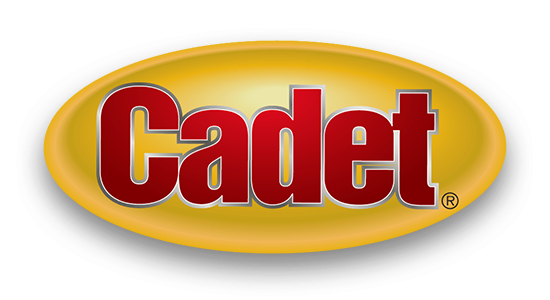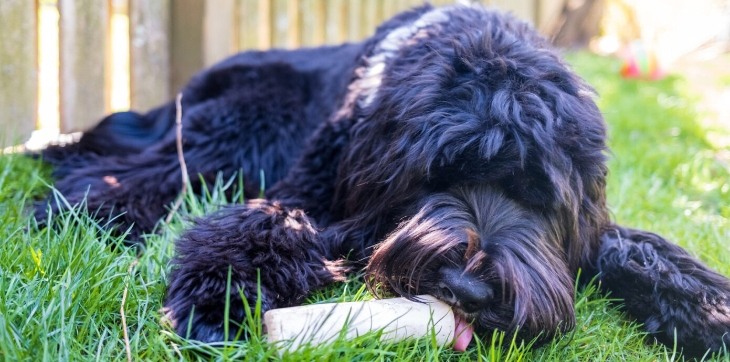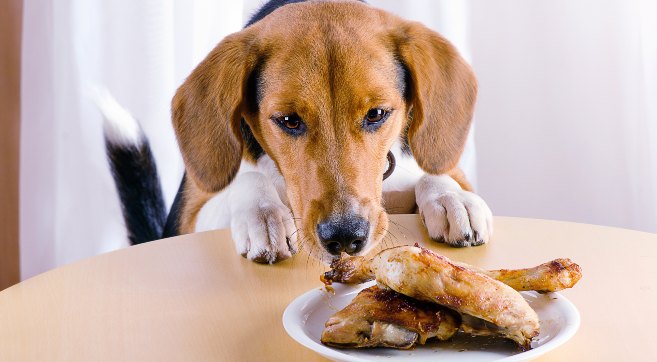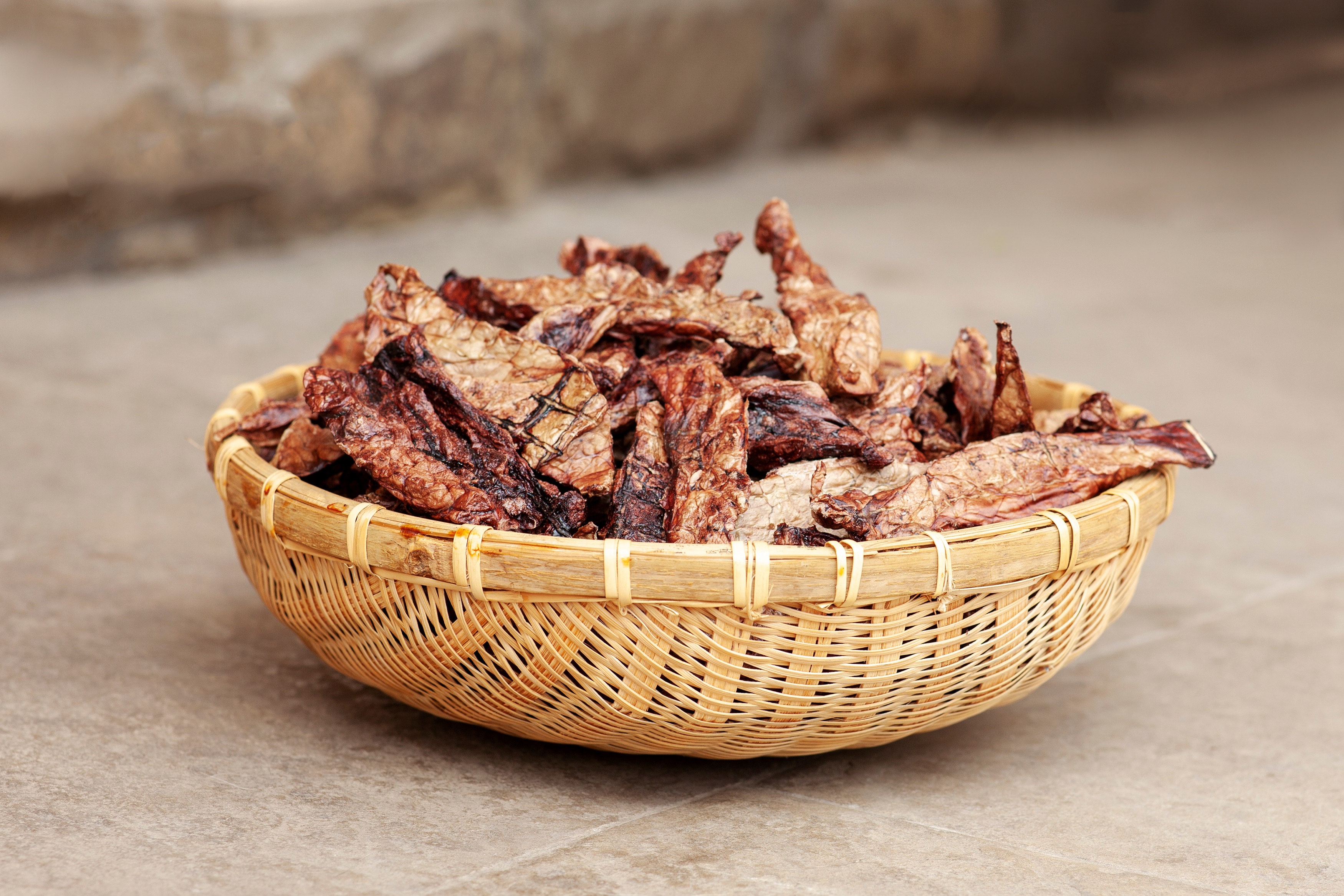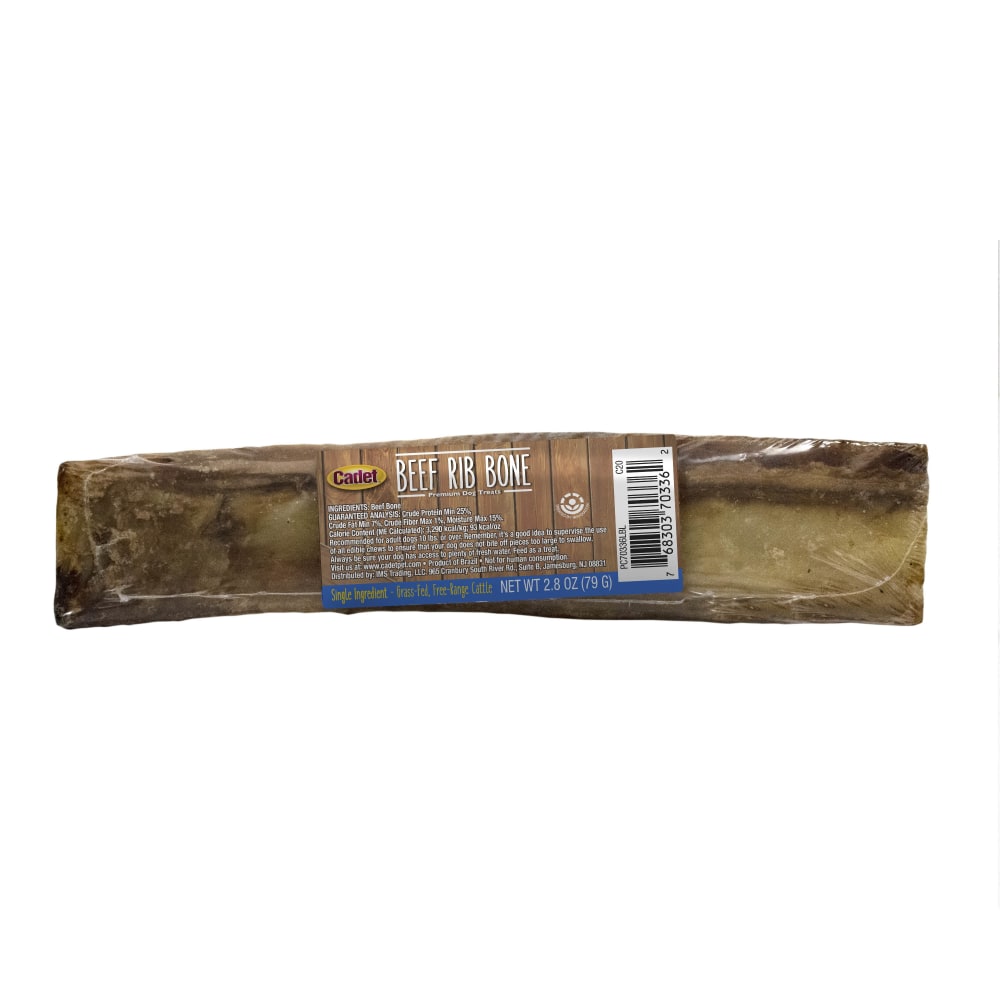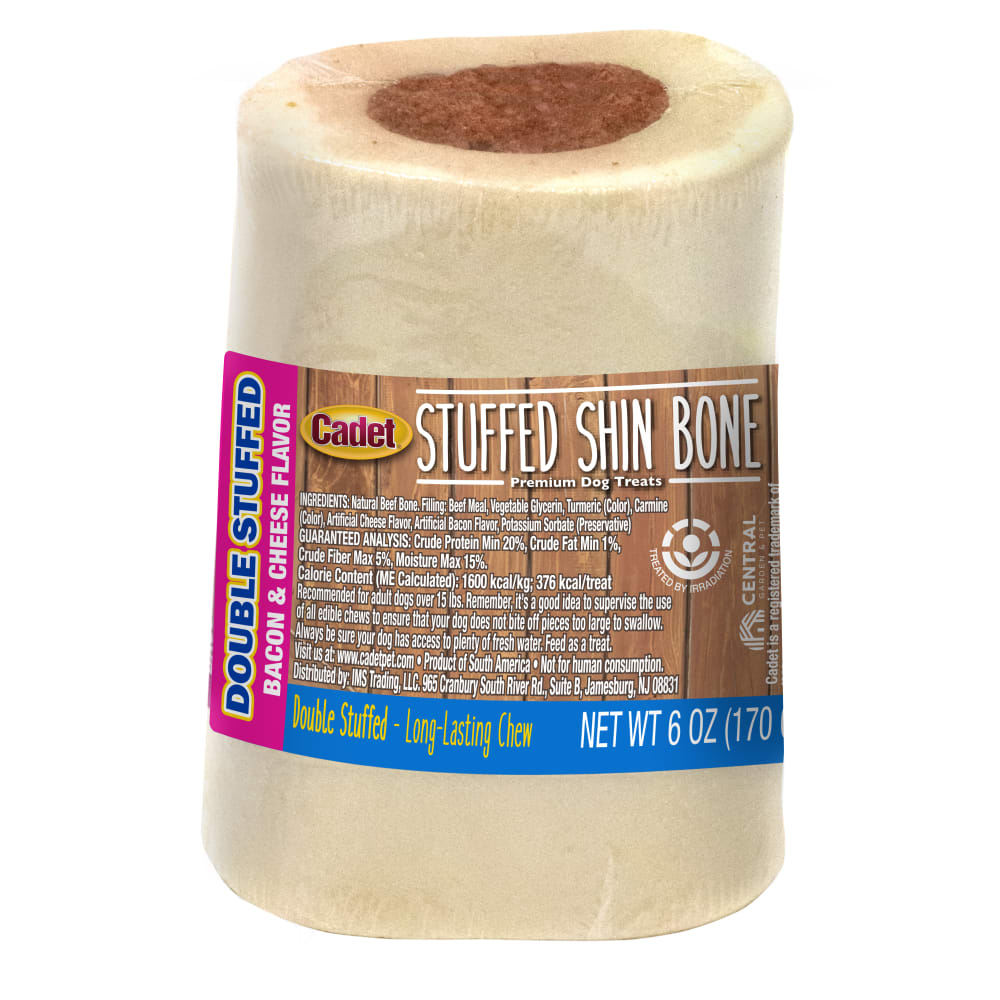Can Dogs Eat Beef Bones? Advice for Healthy Chewing
Cartoons and movies often depict our four-legged friends with a tasty-looking bone between their paws, gnawing away at its savory flavor. But are beef bones safe for dogs in real life? Let's discover the truth behind these iconic natural chews.
Are Beef Bones Safe for Dogs?
While not all beef bones are a go, dogs can eat many types of beef bones as long as they meet certain criteria. Only give your dog bones that are large enough to chew safely, clean, and either raw or slow roasted—do not offer your pup a leftover bone from the table.
Commercial bones intended for dogs are your best bet, as they are treated to kill bacteria and tough enough for splinter-free chewing. You can also give your pup a raw beef bone from the butcher or grocery store, although it's important to keep proper storage in mind to prevent bacteria from growing.
While you can't give your pup the T-bone from your steak or a leftover barbecue rib, bones that are intended for dogs provide a great long-lasting reward. They keep four-legged friends occupied, help clean teeth while they chew, and even contain essential nutrients like calcium and phosphorus!
As with any chew you give your dog, it's important to keep safety in mind. Follow these tips before offering your dog a bone:
- Don't give your dog bones you boiled or baked at home. These cooked bones are softer than raw bones and can easily splinter—potentially harming the mouth or intestines. Cooking also eliminates the important nutrients mentioned above. Commercial bones that are slow roasted or otherwise treated, however, effectively kill bacteria without compromising their durability.
- Don't give your dog bones from the dinner table. In addition to being cooked, they may have been prepared with spices that are toxic to dogs (such as garlic, onion, or chives).
- Supervise your dog while they chew and take the bone away if they bite off pieces that are too large to swallow.
- Safely store away what's left of the bone after your dog finishes chewing. You can give it back the next time you want to treat them!
Can Dogs Have Beef Rib Bones?
In many cases, dogs can have beef rib bones when they're large enough to chew safely, clean, raw, or commercially prepared for dogs. Do not give your furry friend leftovers from the table. (Remember, home-cooked rib bones can easily splinter!) As long as you follow the same beef bone safety tips listed above, rib bones can be a great way to reward your dog—and they offer the same perks as other beef bones!
What Are the Best Beef Bones for Dogs?

There's a delicious variety of natural bones for your Cadet to enjoy! Before giving your dog these popular chews, just make sure you supervise them while chewing and ensure they don't bite off pieces that are too large to swallow.
Rib bones – As mentioned, these bones are a high-quality choice! Not only can dogs have beef rib bones, but they also offer plenty of that signature meaty flavor dogs enjoy. Look for single-ingredient options with no added colors or fillers.
Shin bones – A super-durable beef bone that's safe for dogs, shin bones are a favorite reward for four-legged friends who love to chew. Varieties stuffed with delicious fillings like peanut butter flavor or chicken flavor give your dog an even more satisfying experience!
Femur bones – If your dog prefers big bones, try femur bones. They not only come in a classic bone shape but are also among the thickest dog chews for lots of long-lasting fun.
Marrow bones – You'll appreciate the iron and collagen for dogs that marrow bones provide, and your best friend will appreciate their tasty flavor. Marrow bones are high in fat, however, so it's best to give them in moderation.
Related -> Why Do Dogs Like Bones and Other Natural Chews?
Are Beef Bones Safer for Dogs Than Chicken Bones?
Beef bones are a better choice! Both raw and cooked chicken bones are unsafe for dogs, as they tend to be smaller and more brittle. As a result, they can lead to potential choking hazards and may puncture body parts like the esophagus, intestines, or pharynx.
Chicken bones also often harbor salmonella and other bacteria, which could lead to symptoms including diarrhea or vomiting. Contact your veterinarian immediately if you suspect your dog swallowed a chicken bone.
Other Great Long-Lasting Chews
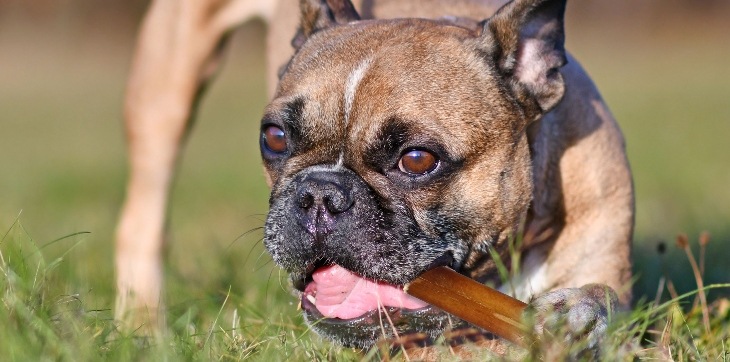
Beef bones are just one of many types of natural chews dogs can't resist! Give your Cadet some added variety in their next chewing session with one of these favorites:
Bully sticks – These savory, single-ingredient chews are a classic among dogs! Made from 100% real beef pizzle, bully sticks are high in protein and low in fat for a wholesome and delicious reward.
Beef hide – A premium type of rawhide, beef hide is made from the inner layer of cattle skin. It's another high-protein chew and features a distinct beef flavor dogs love.
Rawhide alternatives – Whether you don't usually give your dog rawhide or you just want to make a unique addition to their chewing rotation, there are many alternatives with irresistible flavors and textures. These chews often include high-quality ingredients like real chicken or vegetables, giving your dog a treat you can both feel great about.
A Savory Surprise
Not only can dogs eat many varieties of beef bones, but they're loaded with natural flavor our adventure buddies have craved for millenniums. They also satisfy your dog's instinctive urge to chew, providing a healthy, non-destructive outlet. So go ahead and throw your dog a bone!
Beef bones are often safe for dogs, but what about other meaty chews? Find out whether dogs can eat beef jerky!
